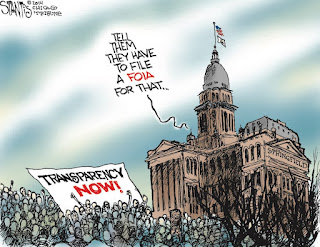The process of obtaining video footage from city surveillance cameras will depend on a variety of factors, including the location of the cameras, the purpose of the surveillance, and the policies and regulations governing access to the footage.
In general, the steps to obtain video from city surveillance cameras might include:
- Identify the location of the cameras: Determine the specific cameras that captured the footage you need and their physical location. This might involve reviewing city maps or consulting with the agency responsible for maintaining the cameras.
- Determine the purpose of the surveillance: Understand the reason for the surveillance and whether the footage you are seeking falls within the scope of the surveillance program. If the footage is related to a criminal investigation, you may need to coordinate with law enforcement.
- Submit a public records request: In many cases, footage from city surveillance cameras is considered a public record, and you may be able to request it under state or local public records laws. You will need to submit a written request to the appropriate agency and specify the timeframe and location of the footage you are seeking.
- Wait for a response: The agency may need time to review your request and determine whether any exemptions apply. They may also need to redact any sensitive information before releasing the footage to you.
- Pay any fees: Depending on the agency and the amount of footage you are requesting, there may be fees associated with obtaining the footage. You may need to pay for the cost of copying the footage or for the time it takes for staff to review and prepare the footage for release.
It's important to note that the process for obtaining video from city surveillance cameras can vary widely depending on the specific circumstances and policies in place. It's always a good idea to consult with a legal professional or advocacy group if you have questions about your rights or the process for obtaining footage.
The length of time that cities keep video from surveillance cameras can vary depending on a number of factors, including the purpose of the surveillance, local policies and regulations, and available storage space.
In general, cities may keep video footage for a period of days to several weeks or months. For example, footage from traffic cameras may be retained for a shorter period of time, such as 30 days, while footage from cameras monitoring public spaces or sensitive locations may be kept for several months or even years.
It's important to note that the retention period for video footage can also be influenced by legal requirements or litigation hold orders, which may require that the footage be preserved for longer than the typical retention period.
If you are seeking video footage from city surveillance cameras, it's a good idea to consult with the agency responsible for maintaining the cameras to understand their policies and retention practices. Additionally, if you are making a public records request for footage, you can specify the time frame for the footage you are seeking and the agency will provide you with all relevant footage that is available within that time frame.











